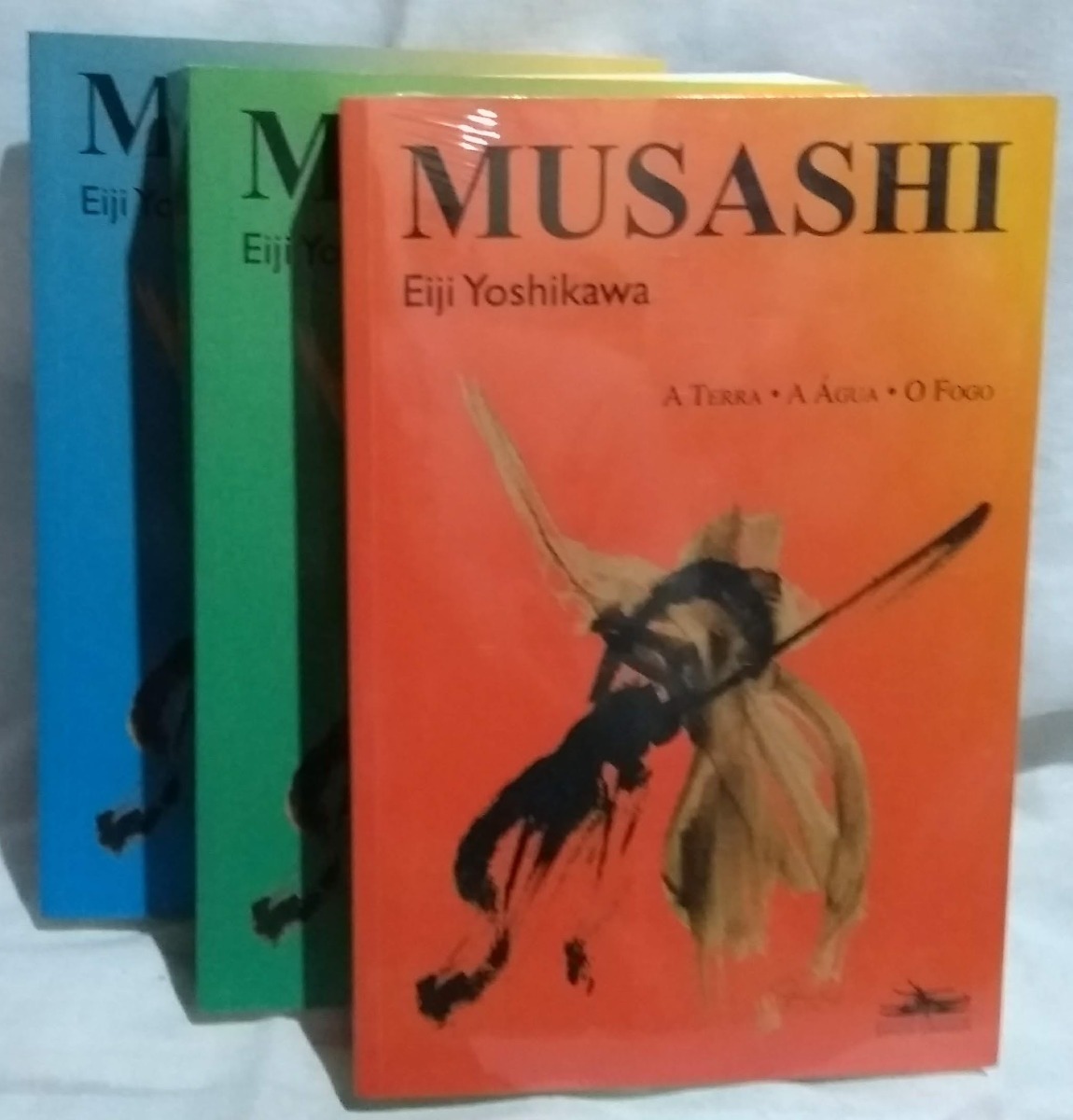

More graceful than grisly, this is the account by one master of another master’s life.

One may well take any sentence from any of the 970 pages and let it stand as a striking, intriguing work of prose. No single word is superfluous, yet no detail is trivial enough for exclusion. The writing is complete and completely satisfying, pristine and elegant.

Yoshikawa’s research is such that every angle of the culture and every level of the social hierarchy is revealed in robust detail. Each character has its place in the tale and its own unique lesson for the reader. Never coldly observing from outside any character, Yoshikawa becomes the character and writes straight from that beating heart, or racing mind, or pulsing body. Through the teachings of Takuan Soho and through his own self-discipline and one-pointedness, he transcends his natural capacities in the pursuit of his life’s mission.Īlthough Musashi was the maven of martial arts in his time, Yoshikawa portrays his many human aspects so as to bring his character into real and living relief – not a mere legend, but a man struggling with failings and weaknesses, in whom one can surely glimpse one’s own self. Musashi transforms himself from a brute and selfish thug, to a hero of great depth and honour.

This is ostensibly a book of swordsmanship, and includes its share of martial combat, but that element is neither gratuitous nor glamourised – it serves to support rather than blemish the story’s purpose. The account of his life, meticulously researched and documented by Eiji Yoshikawa in the 1930s, was carefully crafted into English by Charles S Terry 50 years later a work transparent enough to preserve Yoshikawa’s exquisite poetic style. Miyamoto Musashi is Japan’s most famous swordsman.


 0 kommentar(er)
0 kommentar(er)
